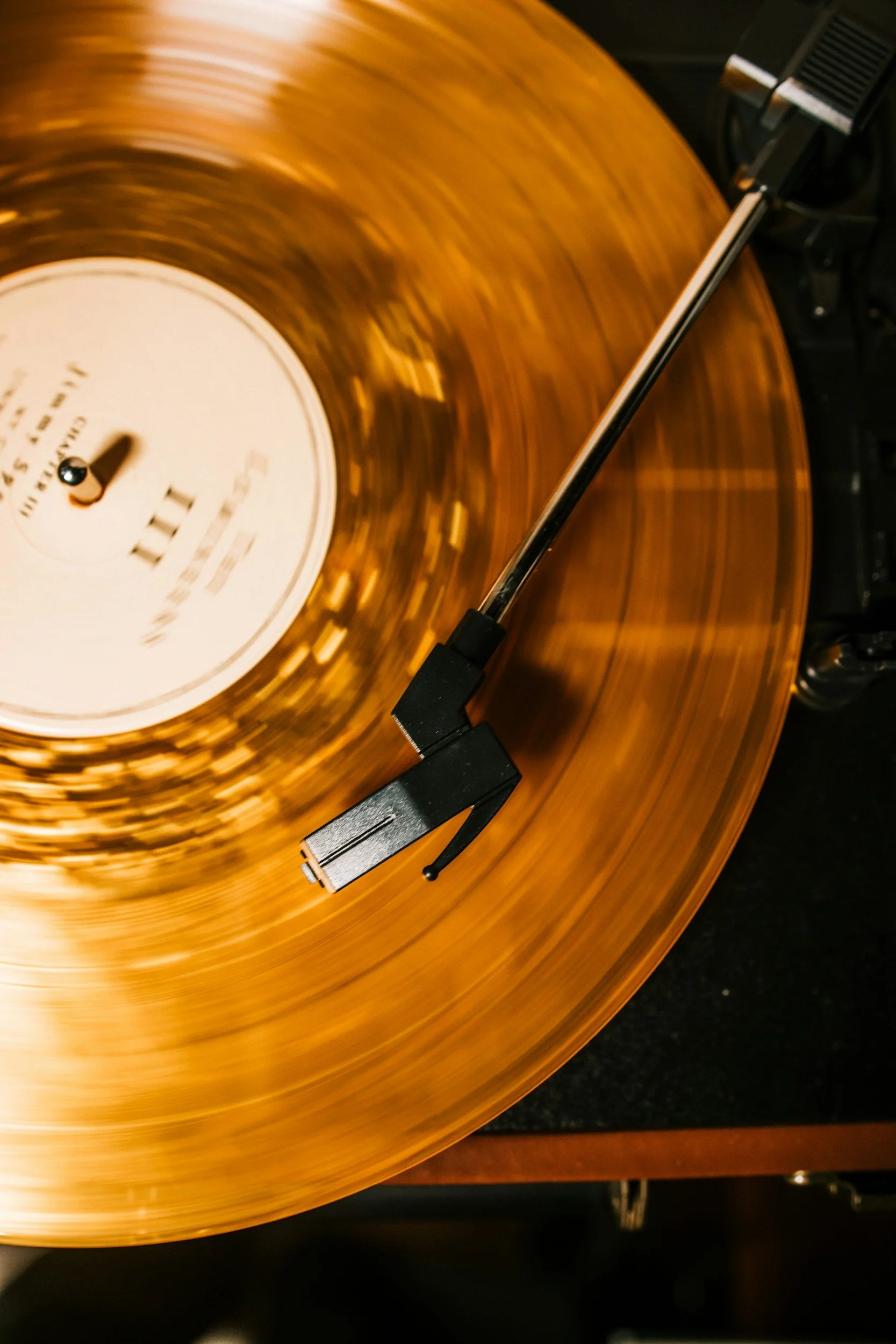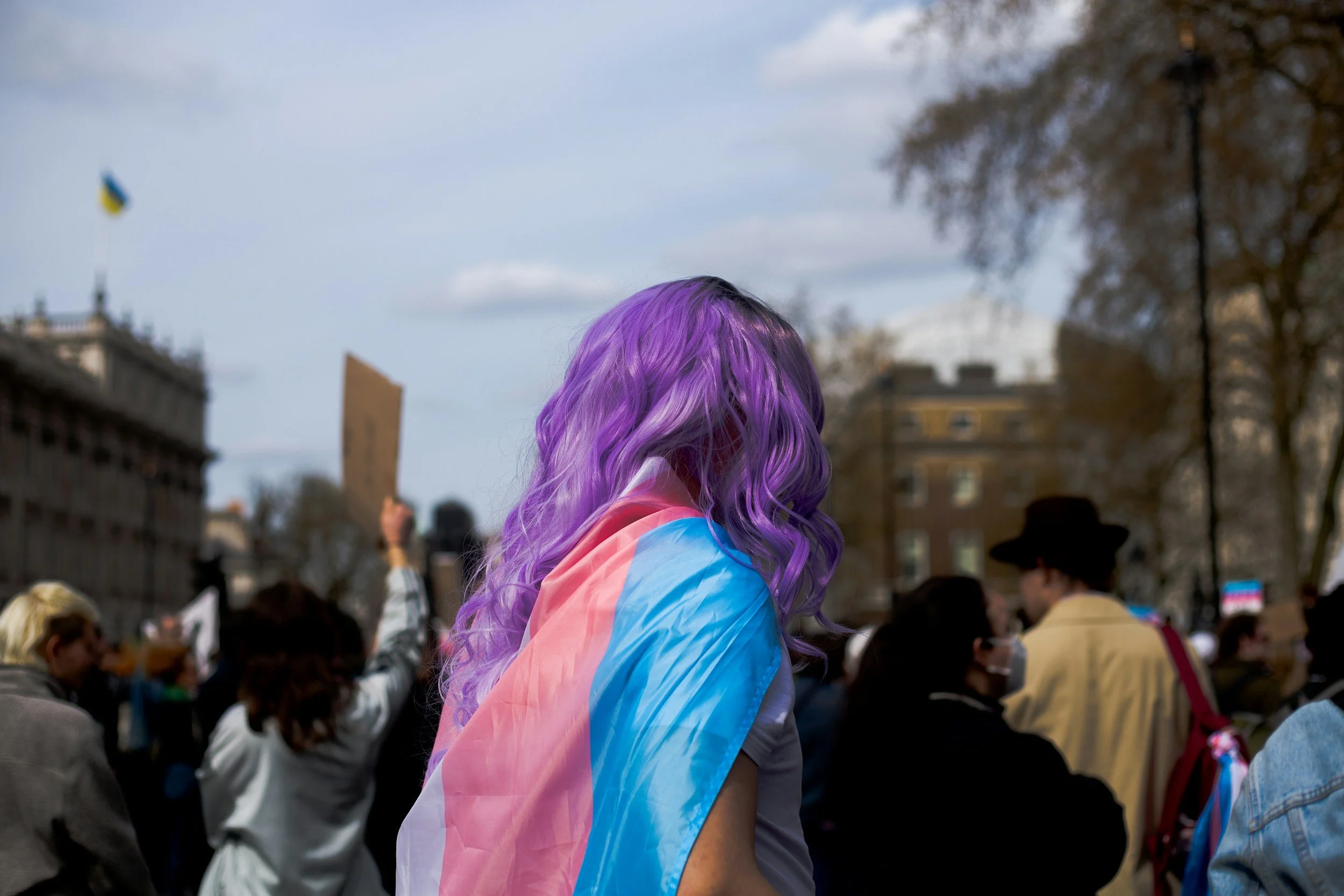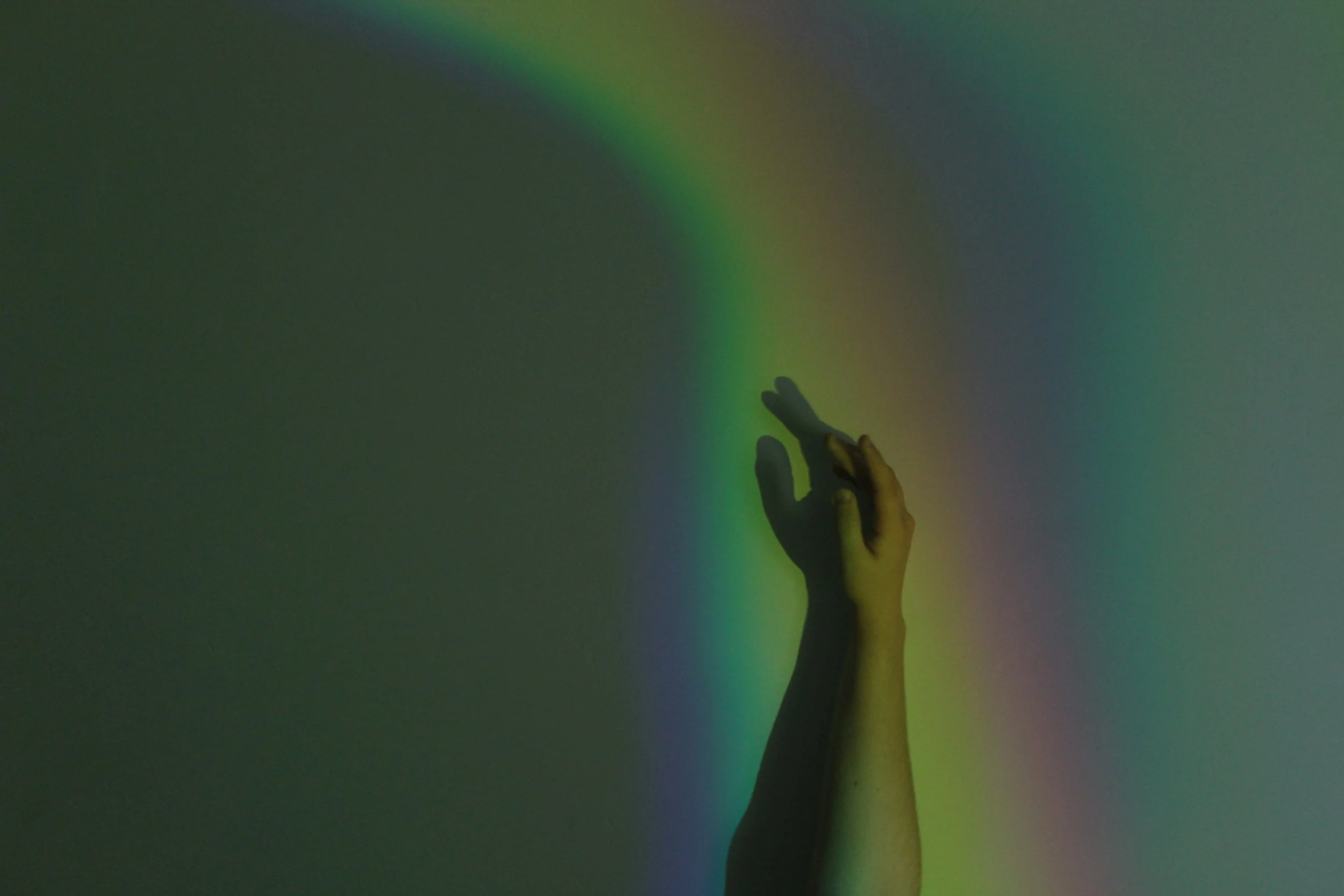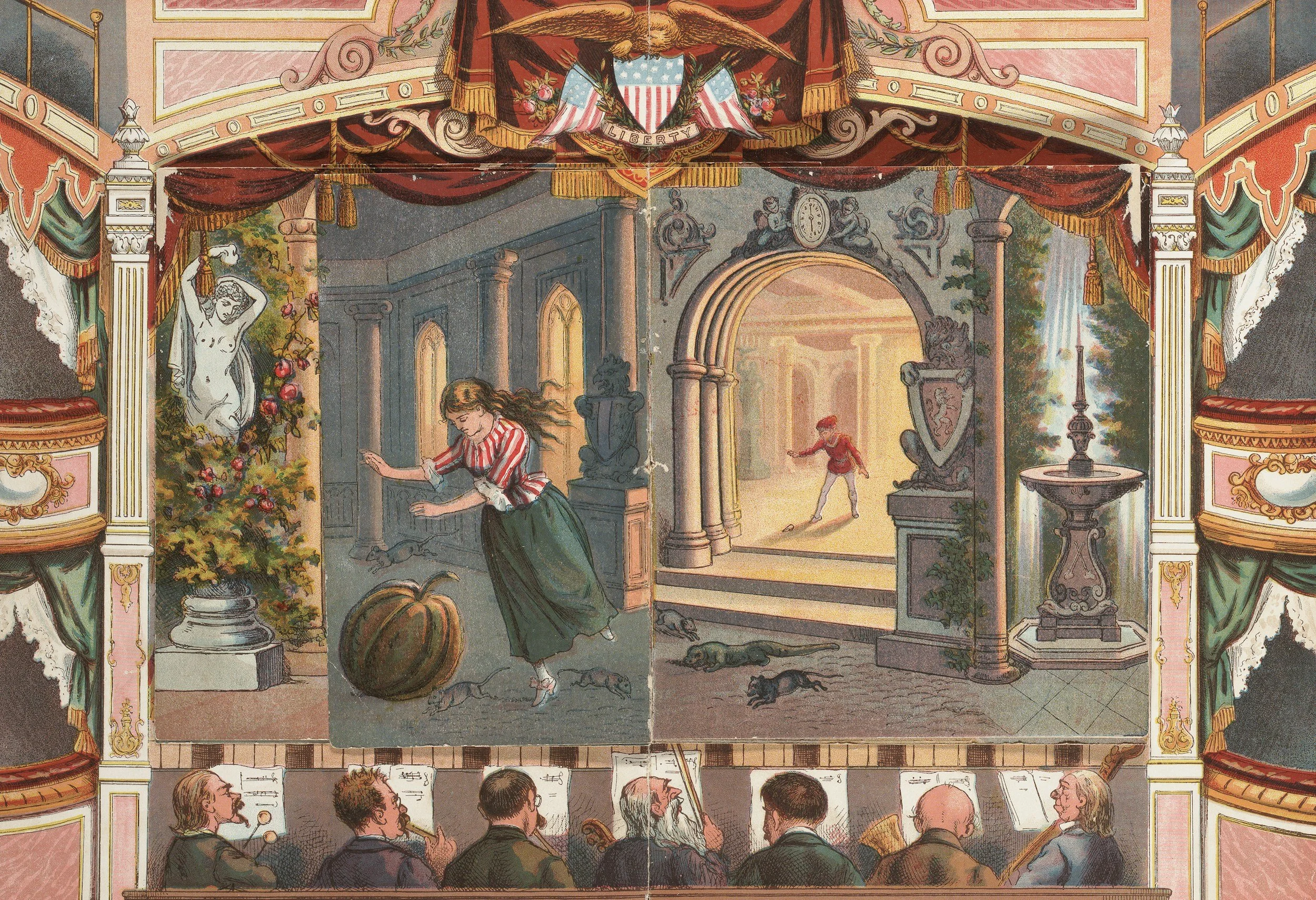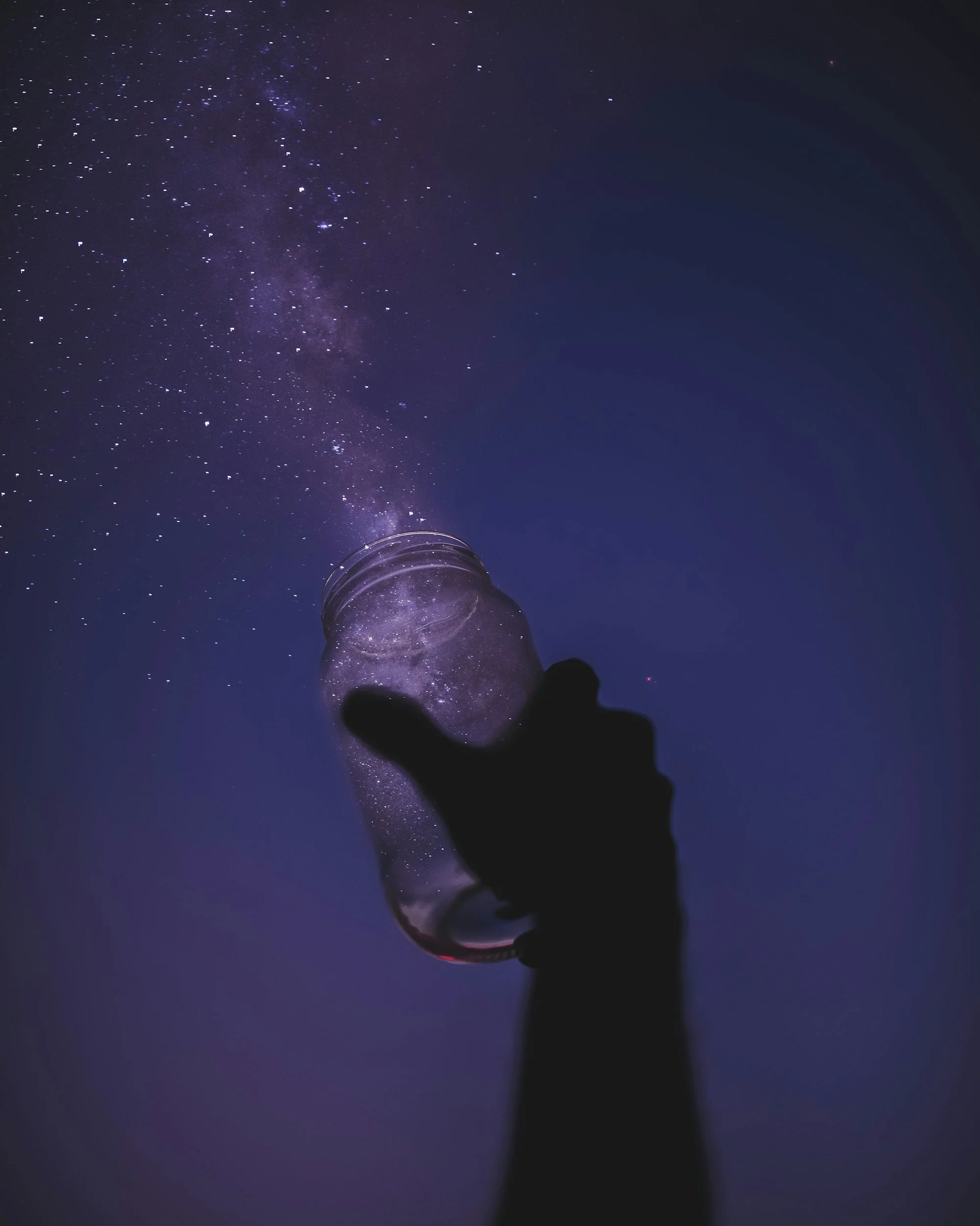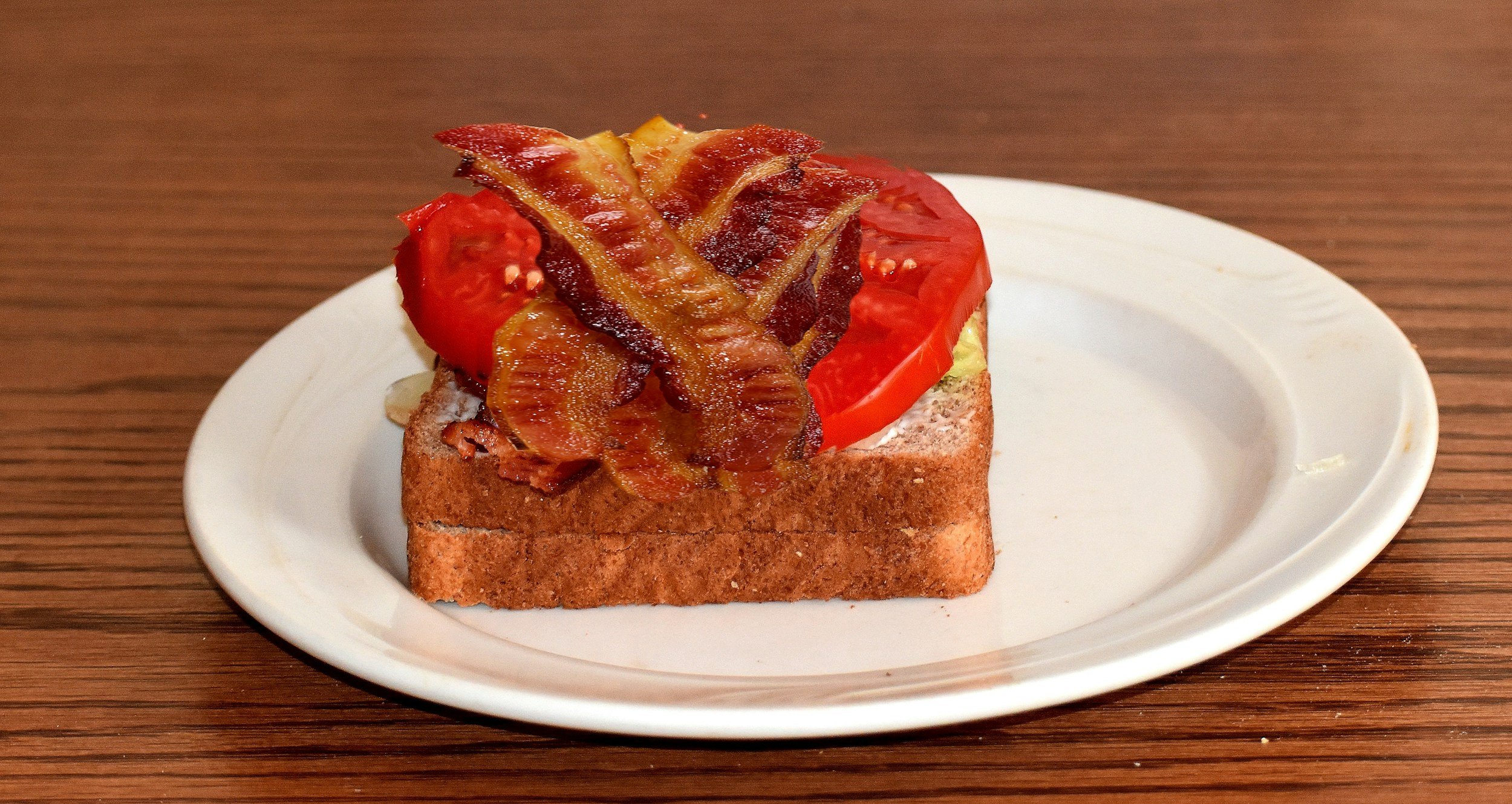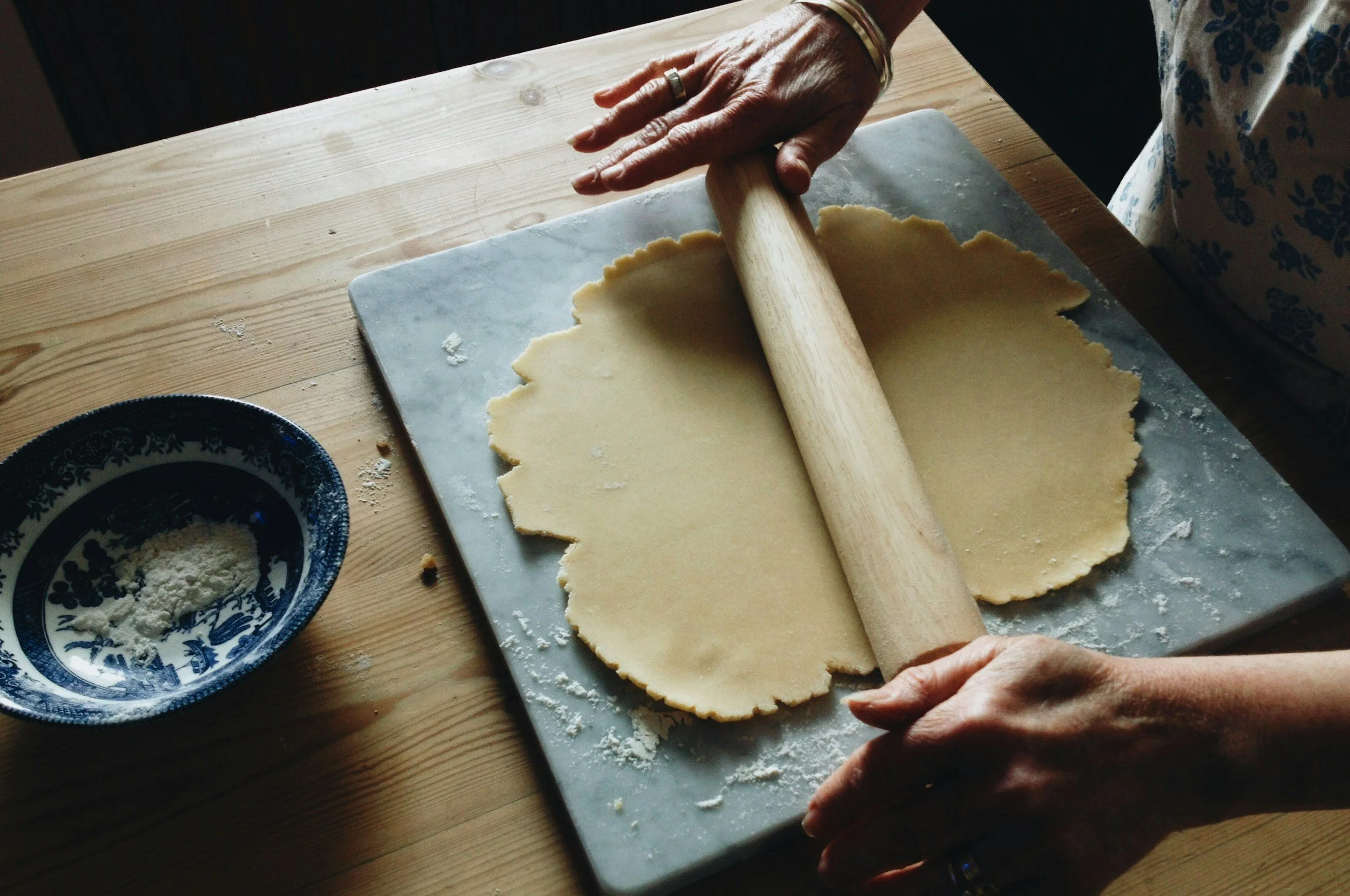Letter
Once, I read a letter I wrote to you out loud in a slam poetry open mic. I wasn’t intending on speaking that day but now that I look back, I probably saw myself in the poets, songwriters, and artists who were barely older than me but just as weary: They’ve spent half their young lives chasing love or at least the thrill of writing about it, and you know me, you’ve always known me. Who am I to deny myself a group like this one?
That day, in the blackish basement of a university building that smelled like dust and grime and fluorescent lights, I watched every person onstage pour out their entire heart, unfettered by the whine of the poorly positioned microphone and the stock-still members of the audience, raising their heads toward the ceiling like sunflowers blooming through cracks of concrete. As the audience warmed to the fire in their hands and started to clap and cheer at every word, I was moved by that, too, by the way a circle of strangers can grow so close in the span of twenty minutes.
At that point in the school year, in my young adulthood, I had written nothing desirable except for my letter to you. But even despite the anxiety of possibly unraveling the wrapped-up parts of myself for everyone to see, I wanted that. I wanted what they had, that kind of closeness. A mirror where every move I make comes back to me in the form of a reflection, and wrapping paper lies at my feet as if forgotten.
So, right before the end of the open mic event, I rose up to the stage and told them about you. How it’s been five years but I wonder about you still, and how’s college? How’s adulthood? Do you remember what you said to me that night, that still makes me cry soundlessly in bathrooms till this day? What about the promise that we made, about rocks and about authors? Will you read my book, if I ever get one published? Can I imagine you reading it from your corner of the universe, while I pick up a pen and write another one in mine?
I wish you could have been there. I wish that you could have seen the way the crowd went silent as I asked you these questions, shouting at the sky and desperately waiting to hear an echo of your answer. I wish you could see how, when I was finished, the crowd had erupted in cheers.
I wish you knew that over the years, the content of each letter I wrote for you has never changed, even as I learned better grammar and more sophisticated metaphors. Because grownups don’t write the things teenagers do, no, but they still love the same.
Did you know? By the end of the open mic, I was enveloped into an embrace, and then several more. Did you know?
That was when I decided to start writing again, about you. All of you.
***
In the back of my mind, there is a list of all the people I have ever loved, and a canon for those who are worth remembering. The criteria is this: If I have written you a letter, then you’re in the canon. It doesn’t matter if I loved you for three months or seven years, or if I’ve written you two letters or two hundred. If you get a letter, you’re in the club. You get to spend the rest of your life in a room with a view, drinking champagne and watching pens move.
But it takes a little more than that for you to see what I’ve written, because it is in a folder on my desktop where I hide all my letters, and I have given no one but myself the password. Written late at night in the space between dreaming and waking, these letters could be poems or pictures or exceedingly long text messages, but you wouldn’t know. I haven’t given them to you. You, none of you, have ever loved me back, and I can’t give a love letter to someone who won’t love me back, can I? I refuse to give you a knife before I know you won’t hurt me with it. Does that make any sense?
You see, I have heard about stakes in the heart. I have seen the skeletons and read the archeological reports. I know how even after the rest of your flesh wastes away, the spot your heart used to beat will still have a hole in the bones after an injury that traumatic.
So, no matter how much I loved you or still love you, you need to know that I write letters not for you, but for myself. I keep them and reread them in order to buff my armor, making it shinier and safer until my face is the only thing that will stare at me back. No stakes through the heart, then.
Still, if one day you find out I love you and you are merciful enough to love me back, then I am yours, as are my letters. You are welcome to claim every kiss I seal into the envelope, and every memory I deliver to you between each of the lines. I will put down my armor, and in your hands, I will allow you to inherit the weaponry of your choice.
Is that all right? I hope that kind of responsibility will not be too much for you.
Will you tell me if it is?
***
You must know that when I tell you personal information, it is an act of trust. I’ll tell you about my parents and my childhood apartment, and sometimes, even the social worker. You might think whoa, too much information, but really, you know me well enough.
I trust you, and that’s enough. You have to know that apart from the way my words work on a page, I am hardly an open book. Ask anyone around me, anyone at all, my roommate and my brothers and my parents. They will tell you story after story about the way I freeze up at gatherings and grow quiet in group settings, but they will also tell you this: I am impulsive, spontaneous, and reckless when I want to be. It’s awful. There are so many people in this world I have almost drunkenly kissed.
Nevertheless, you, as an object of my desire, can make yourself known as an inkblot on my page or a sentence in my memoir if you would like to be, and you have. You, and the many ways that you occupy space, have.
Exhibit A, the fashion show. I was seventeen, and I agreed to it not out of the goodness of my heart but because of curiosity: How would I, with my round shoulders and hip dips, appear as a supermodel? The answer is, as expected, not very well.
Beauty is a subjective thing, however, and I remember watching you change in the locker room just minutes before and thinking, you’re gorgeous. I also remember watching you paint pictures on canvases in a classroom for months and thinking, I love you. My hope was, of course, that you have also been thinking the same things back, that when I trembled backstage during the last five minutes before the catwalk, you held my hand because you knew what that meant to me and what that means to me still.
You’re beautiful. Even when you think you’re disgusting, you’re beautiful.
Sometimes, I imagine seeing you again, when my house is a little bigger and my heart a little wiser. Maybe by then, you’re a botanist, and maybe by then, I’m an author. Can I apologize for losing contact, then? Will you let me? Can we eat from the same box of takeout after going to see the same movie? Would that be too immature? If we reunited as adults, do we have to sit face-to-face at a restaurant and then split the bill, or can we still use our mothers’ credit cards?
You see, here’s something that I never got to tell you: When I asked you to go to prom with me, I meant it. I really meant it. By that I mean, not as friends. I wanted to take you to prom so that I could write about it, proclaim to the world that I danced with a girl long before I ever kissed one. I’m doing it now, aren’t I? I’m writing about it, now.
One day, if you let me, I want to give you a letter, one of the ones that I wrote long ago because while loving has always been painful for me, you are not. You are not painful, not in the least.
You deserve to know this. In my letter, I called you: my princess.
***
Before I started writing letters, I wrote fiction. It wasn’t good fiction, but it was fiction, nonetheless. At thirteen, I wrote a two-hundred-page fantasy novel tucked inside a three-ringed binder, and in its most simplistic form the story goes:
The girl and her three friends break into a basement to rescue a kidnapped mermaid, only for the boy she loves to turn out as the kidnapper. The girl despairs. Then one of the three friends, also a boy, chooses to die for her. As he wastes away, she realizes that he, the friend, was the one she loved. She kisses him, and he lives.
Like I said, it wasn’t good fiction. But it was fiction, nonetheless.
These days, in between all the letters and the poems and the personal memoir pieces, I still write fiction. I like to think that the stories have improved since then. I have a new technique, now, and that is to break yourself into little pieces and propagate those seeds into fully fledged houseplants. Now, at age twenty, the stories that I write often go:
The girl tells the girl that she is in love with her, and they talk about it. Like, they really talk about it. They talk about talking and how talking about talking will be integral to their relationship moving forward.
Often, at the end of this kind of story, I have two thoughts: one, I’m so glad that I stopped writing about straight people, and two, this is the most dialogue I’ve written since . . . forever, probably.
Still, even if my fiction has gotten better, I hesitate to call what I write fiction. I am almost completely sure that the world can see through my words as if they were printed on vellum, and that every literate being can curl up each page into a tube and use it to peek around my rib cage, prodding at my heart like a stake if they wanted to. The problem is that over the years, I have written way too many love letters. I have long forgotten how not to slide my deepest desires between each sentence.
I like to think that this is what makes my writing good, how careful it is and how urgent it can be, but other times I wonder why I wrap knives in satin and deliver them to your doorstep. Am I a masochist? Do I enjoy the pain? Why is it that I refuse to give you the letters, but still hand you the lines?
Here is my message to you:
Disregard everything I have ever said about stakes to the heart, because even in the most imaginative of my fictional work, you can still find a recipe on the most effective way to break me.
Do what you will with that information.
***
One Thanksgiving, a friend from college took me home with her to Kansas City. We went out every single day to visit museums, parks, historic landmarks, and we came home to her parents cooking in the kitchen, kissing by the dinner table.
Her mother, a petite woman who fits under the crook of her husband’s elbow, lay by his side on the couch while we watched the Macy’s Thanksgiving Day Parade livestream from the living room. Then, when we decorated the Christmas tree on Thanksgiving night, they showed me the ornaments. Each one was named after the number of a year and decorated with pictures of the family.
That night, I watched the children grow up, the parents grow old, and the house grow busier and happier as siblings were born, cousins got married, and families all around them expanded like leaves falling from trees, taking over every sidewalk, every lawn chair, and every ditch by the street.
I haven’t seen enough marriages in this world to know what kind of love could be mine, if I want to settle down one day or drift from person to person forever, but I know exactly what I don’t want: I don’t want anything this Kansas City family does not have. I have grown up listening to too many loud arguments and cleaned up too many pieces of broken glass to want something this terrible for my health. I already eat ice cream at midnight, I don’t need more terrible things in my life.
Instead, here are some things to consider:
Pancakes in the morning. A peck on the cheek before you leave the house. A cat, or maybe two. I want to live in an apartment where we get to deliver pumpkin pies to our neighbors’ doorsteps and watch their kids on the weekends just for fun. I want to move to the suburbs one day and have a vegetable garden in the backyard. I want us to kiss by the dinner table and lie sideways on the couch, then put up the Christmas tree on Thanksgiving Day and reassure some poor, hopeless college student that she can find love, too, if she waits long enough, tries hard enough.
I want a ring on my finger and a promise for the future, but I don’t need a wedding or an unbreakable forever. I want to talk about talking because talking about talking will be integral to our relationship moving forward. I want to write you letters, but unlike everyone else before you, I want you to read them. I want you to read them all.
Hey, will you do that for me? Do you know what’s happening here? This, whatever this thing is that I’m writing right now, this is a love letter. This is a love letter to you, all the ones that came before you, and all the ones that will come after. Do you get it now?
You are the boy that left me by the crosswalk, and the girl with whom I went to prom. You are the lips I almost drunkenly kissed, and the hands I stayed up texting until sunrise. You are the drawing on my phone screen, and the stake in my heart. You are the letters that I have written, crossed out, burned up, deleted, and then frantically dug out of the trashcan and recycling bin for fear that I will lose the map that will guide me to you, because I’ve been homesick all my life for a place I have never been, a place that I will hopefully get to, a place that is between your arms.
Did you know? There was a time in my life when all I wanted was a happily ever after, and when I realized during my teenage years that happy endings are not easy to find, I shattered. I stopped writing. I kept a pen in my back pocket, only to cross off items on a grocery list, or sign packages at my front door.
But you can’t fight an intrinsic want that is so inherently within you, a desire that fits so naturally on the palm of your hands. Sometimes, even after listening to my parents fight over the cost of a cabbage or a trip back to Taiwan, I still stop by the school supplies aisles in every grocery store just to touch their notebooks. I still put them in my cart, then my shelf, then my backpack.
Did you know? No matter how hard I’ve tried, I still haven’t lost hope, yet. Can’t you see? I’m writing again, aren’t I?
Here’s another message to you, to pile upon all the rest:
If you’re busy shopping for brioche buns and crossing things off a receipt, let me know and I’ll join you. If all you’ve wanted in the first half of your life was a first date, I’ll show up at your door with sunflowers. If you’re a poet or a songwriter or an artist, shout into the sky and I’ll sing each word back to you, because you probably know by now, or all along, that I’ve been wanting, too, and waiting. I have been waiting and waiting all my life. I have written letters and novels and mailed them to you, even before either of us were born or the universe was formed. All that is left, and all that I want, is your reply.
So, write back to me, and thanks for reading. Remember that I:
Love, you.
-Jarea Fang
Jarea Fang is a college student who reads as much as she draws. Her life goal is to read and write about books, perhaps illustrate a few as well. A proud lesbian feminist and fierce advocate for Asian American representation, they hope that their work will amplify minority voices and help make a difference in this world.

